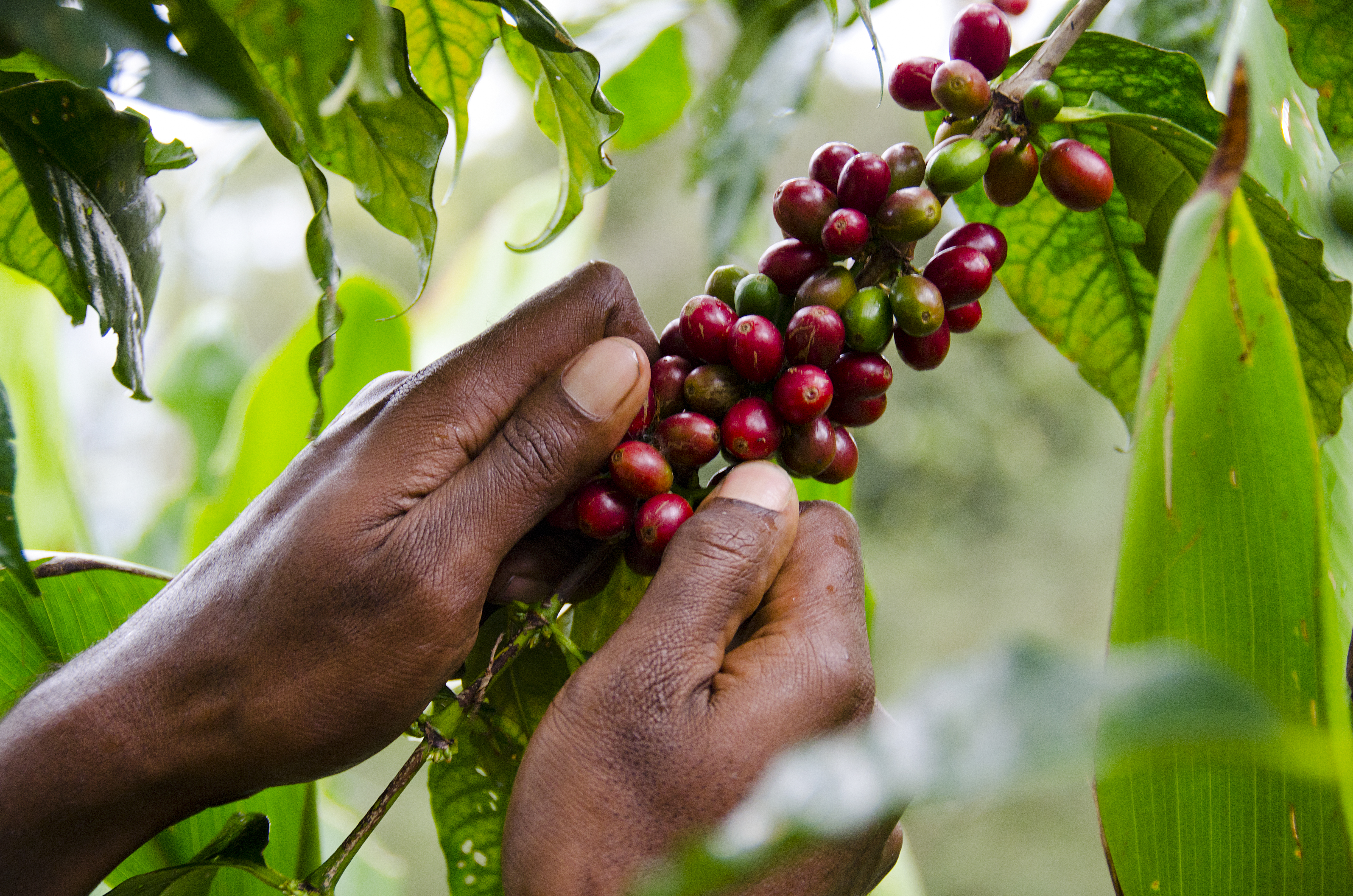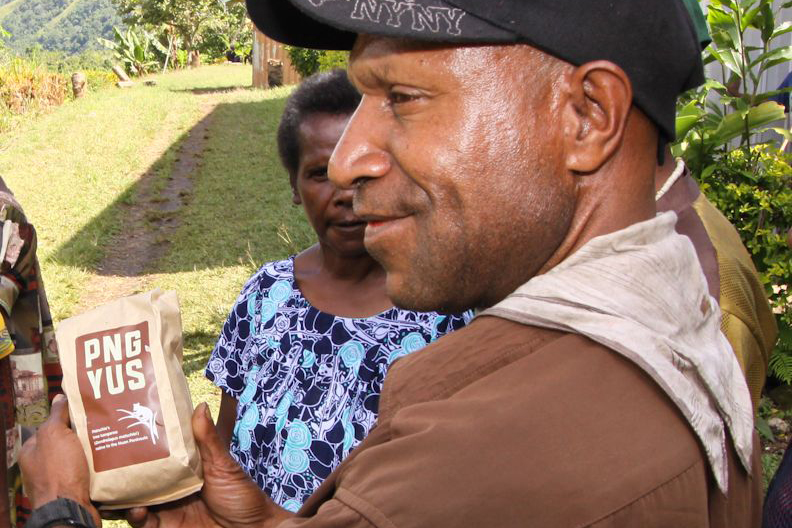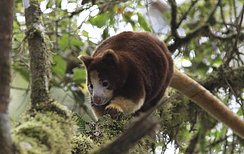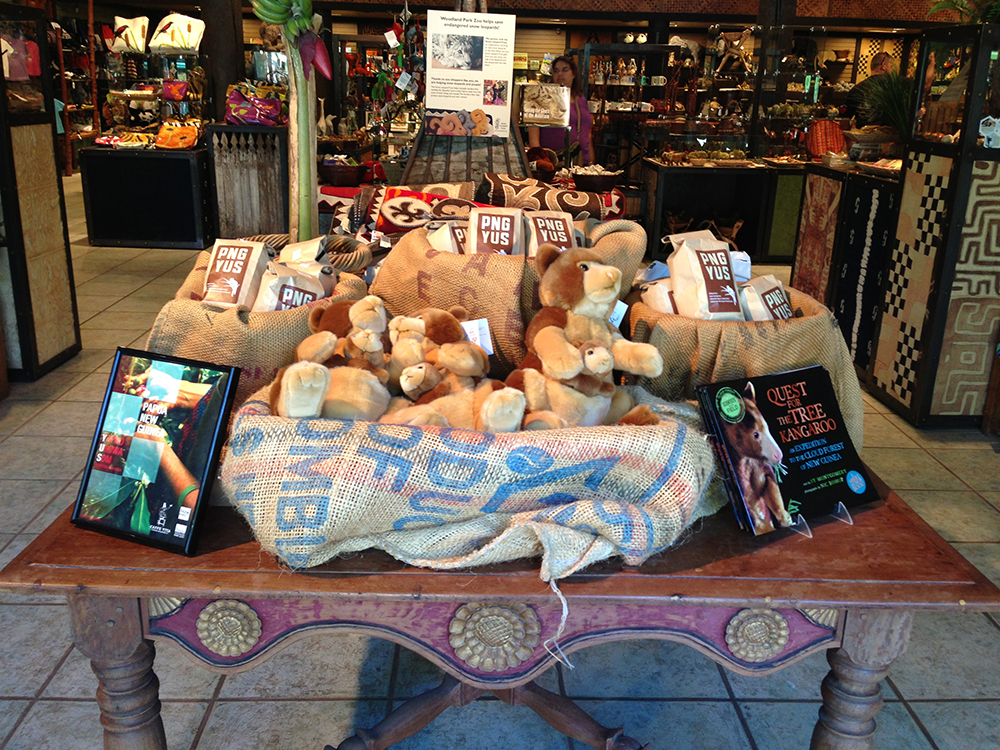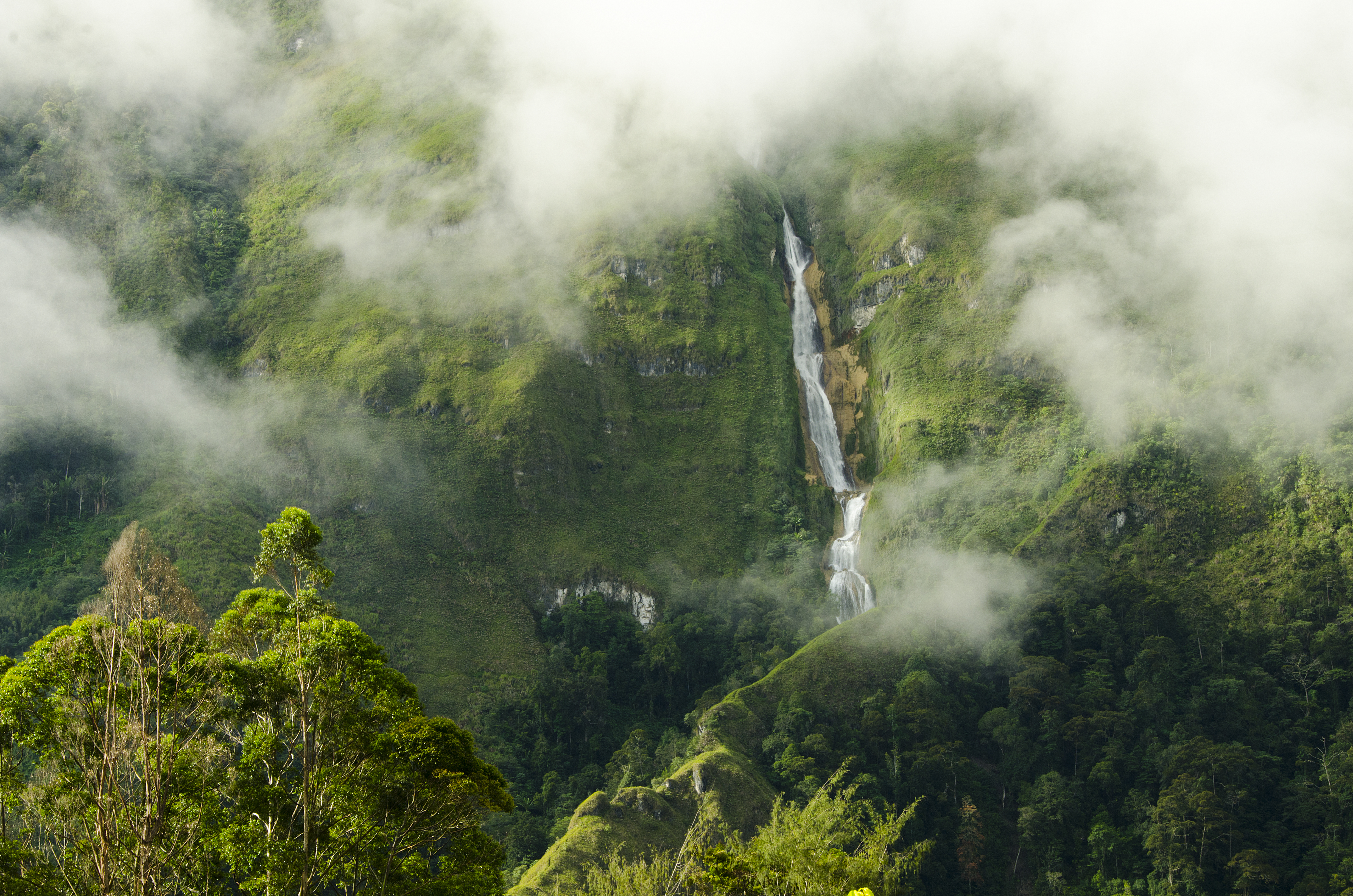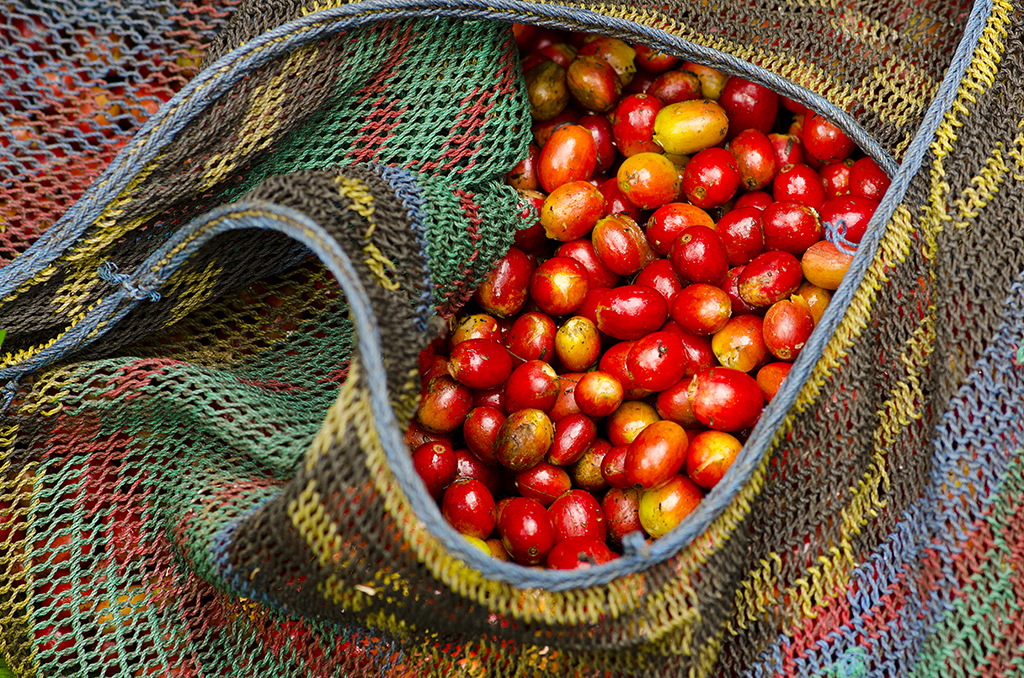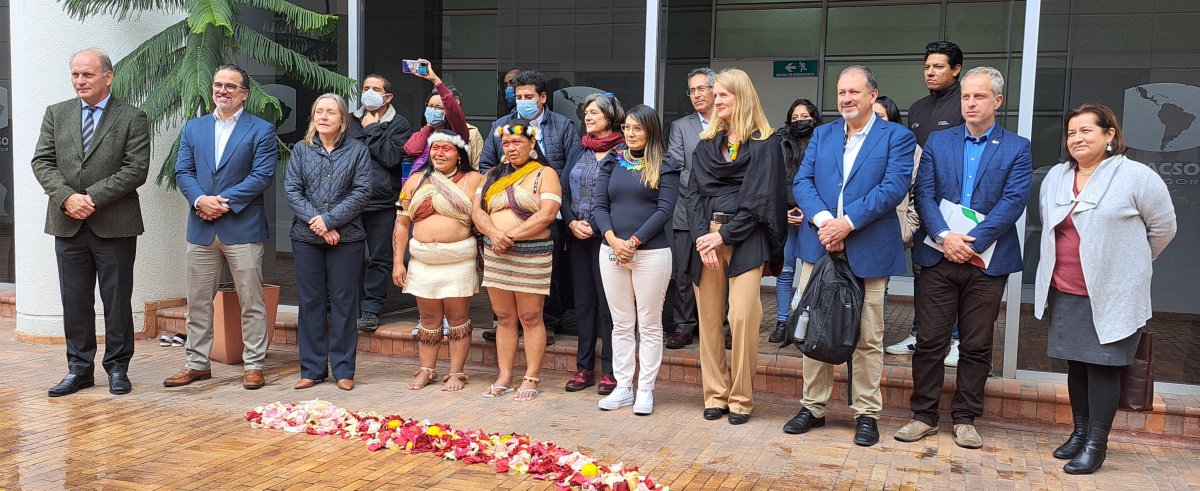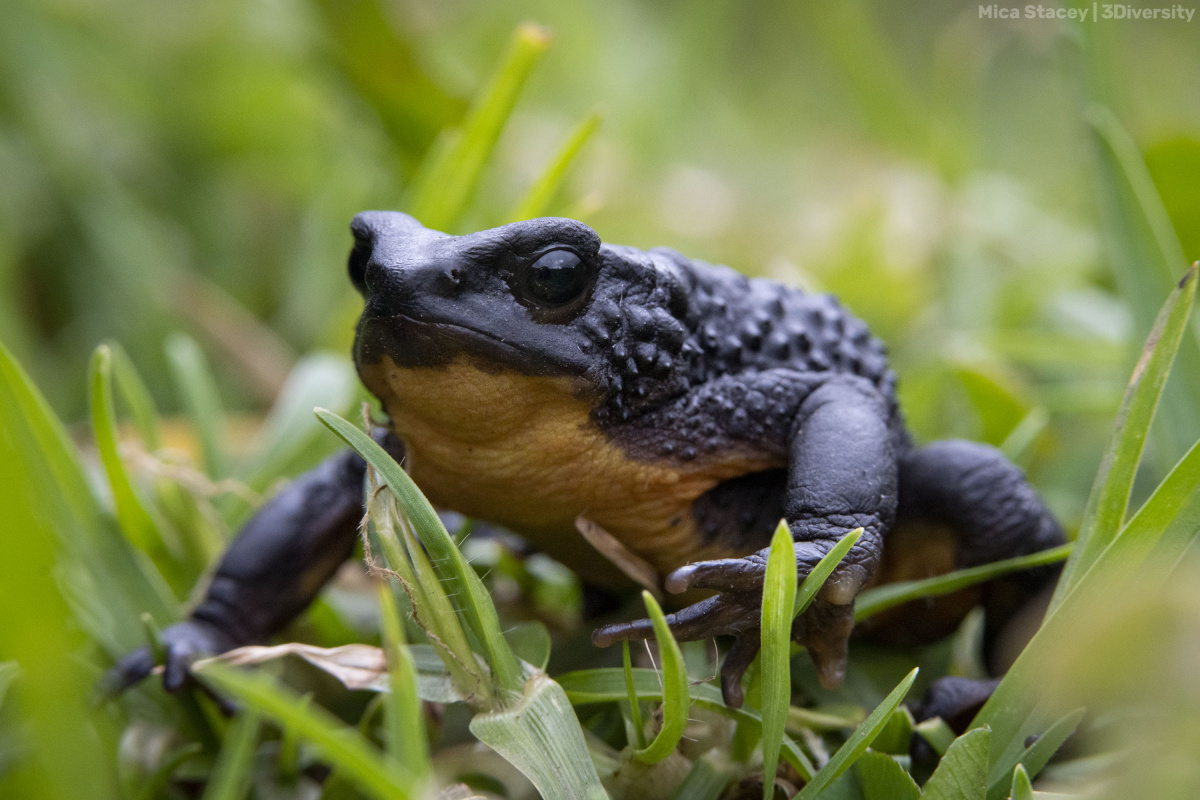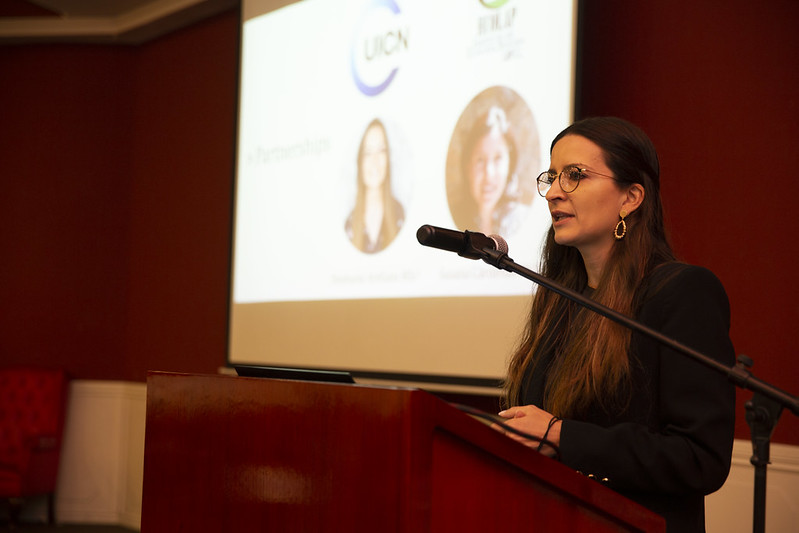Tree Kangaroo Friendly Coffee – a triple win story
Imagine protecting threatened wildlife, empowering local communities in the process and doing it all through a premium organic coffee brand. Such was the triple win solution generated by Woodland Park Zoo’s Tree Kangaroo Conservation Programme (TKCP).
It is a story which began in 2009 in the remote valleys of Papua New Guinea’s (PNG) Huon Peninsula and is echoing around Caffe Vita’s stores in Seattle, Los Angeles and New York City, USA. Here 500 gram bags of this high quality coffee retail alongside freshly brewed mugs for in-store aficionados to enjoy.
The limited harvest is grown under native shade at elevations ranging from 1200 to 1500 metres by farmers who have committed to conserving 180,000 acres of land for the preservation of Matschie’s Tree Kangaroo (Dendrolagus matschiei).
It is then purchased and transported to market quarterly, distributed exclusively through the business’ own chain of stores. And according to Caffe Vita, it is the substance of the story behind the coffee as much as the quality of the product which attracts customers.
Deforestation to make way for subsistence rice farming, combined with over-hunting, was threatening this endemic species of marsupial, the only tree-dwelling kangaroo. Thus in consultation with communities of Yopno, Uruwa, and Som (YUS), Woodland Park Zoo helped create PNG’s first Conservation Area (CA) marking the first use of the country’s highest level of protection for forests and wildlife, forever prohibiting any form of resource extraction in the YUS CA.
This was a significant achievement given that 95% of PNG land is owned by local people and the 15,000 strong population of the YUS region was geographically fragmented. Out of these constraints arose opportunity to leverage existing skill sets in agriculture for communities to prosper in harmony with national policy. This was achieved by creating land-use plans and mapping land titles to identify opportunities for coffee planting balanced with habitat and resource management.
Setting aside land to grow high value coffee was so appealing that some people walked for two days to participate in the consultation meetings. Karau Kuna, TKCP Conservation Manager explained “in reality, all the planning was done by the people; we the facilitators just introduced the concept and provided the technical support”.
But going beyond coffee growing was key to the project’s longevity. Community members also learned about processing and will eventually take on marketing the product to new and existing buyers. As with any new venture there are challenges, but Lisa Dabek Director of the TKCP is confident. She explains “the coffee project continues to grow and strengthen despite the challenge of transport in this remote region. SOS funding has allowed us to provide further technical assistance for the coffee project while it is still at a critical juncture, however”.
Wildlife conservation is not always straightforward. Ironically it is all about people and policy and balancing priorities within a framework. While for SOS – Save Our Species and WPZ protecting Dendrolagus matschiei from extinction is the priority, the solution must be sustainable and fair. Fortunately in this case it also makes a great story - in fact winning the UN Equator Prize 2014, was just one more chapter in this success.
By linking consumers, conservation and community interests Tree Kangaroo-Friendly Coffee is one tale where a happy ending looks within reach.
